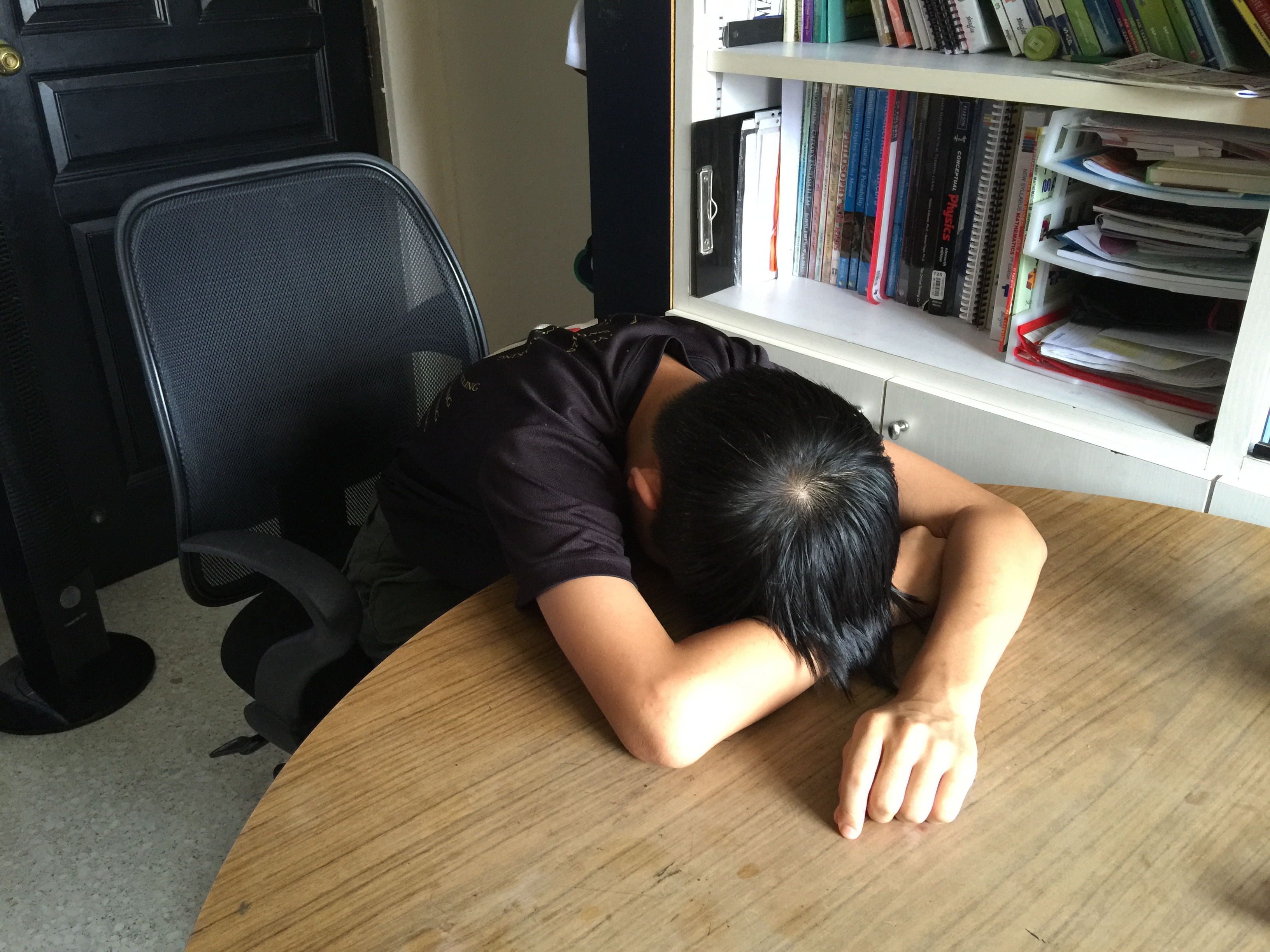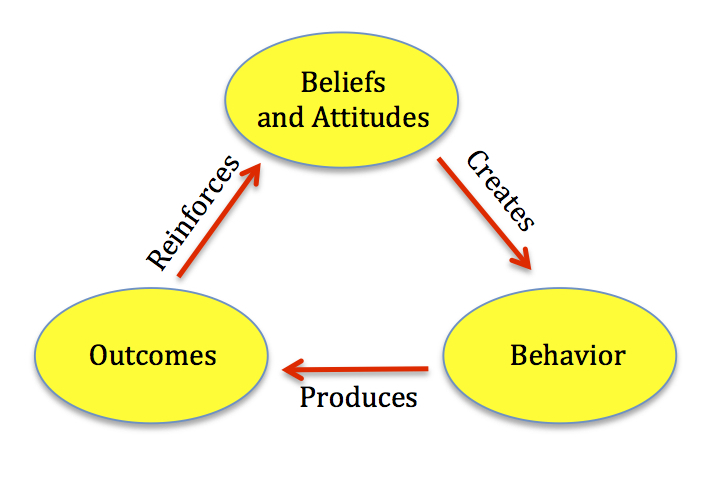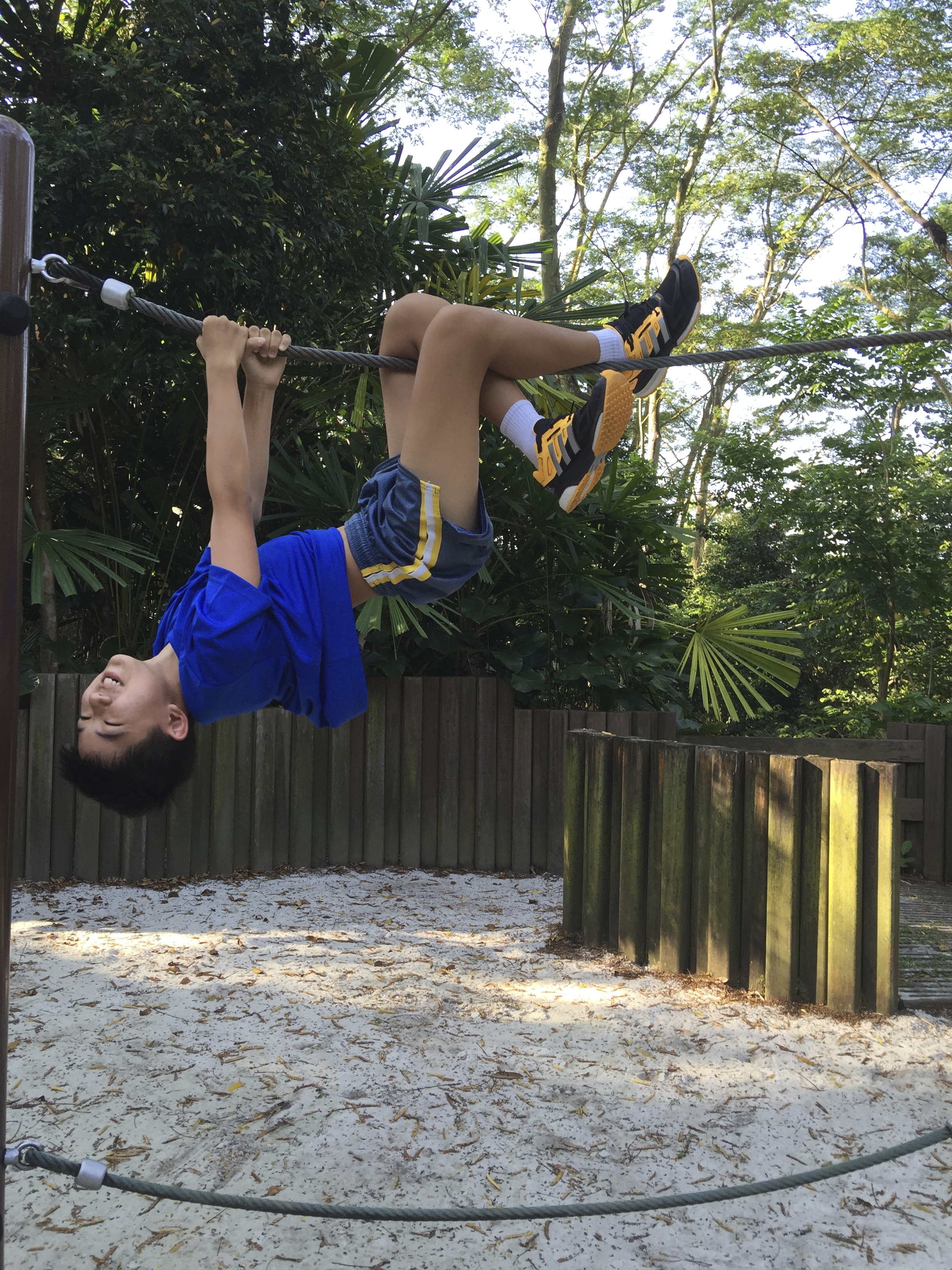It started as a normal one-to-one pillow talk with my 14-year-old son last night.
I have always been honest and vulnerable with my children, telling them about my feelings and thoughts about parenting, about our relationship, about why I make the choices I do about discipline, homeschooling and so on. And last night was no different. I was sharing with my son about teen angst and the tight rope we parents balance on when dealing with our teens. On the one hand, we want to give our teens freedom. On the other hand, our teens need guidance. It’s really a hard balance to strike.
My main purpose last night was to re-connect with my son, having given him a serious and extended lecture the night before. He had been so upset after the lecture that he locked himself in the bathroom journaling his feelings for a long while. He emerged way after I had fallen asleep.
Then yesterday, he had spent the whole day out. He basically went out right after breakfast. I only saw him at dinner time. Throughout the day, I had been anxious to understand the frustrations he had been feeling as well as his struggle to focus on school work. I also wanted to soothe the hurt I knew he must have felt from the lecture.
And so I initiated a pillow talk last night, and I was grateful he was open to talking to me in the dark. He had rested his head on my left arm and taken my right arm to wrap around his chest. My 14-year-old wanted a cuddle. My heart melted. I could feel he needed me, desperately.
And so we talked. Or rather, I started talking.
I talked about the angst that teens go through, about why teens have difficulty focusing on school work, about the stress teens face. I also talked about the reason I wanted to conduct the teens workshop that I will be running in Jun, that I felt it was important for teens to understand what they are going through and why they are going through the tough patches.
I confessed that sometimes I might think I was right, but actually I could be wrong because I was only seeing things from my perspective. “That’s why it is important for you to tell me what you are thinking about and what you are feeling so I can have a better picture and navigate from there. Otherwise I’ll always be navigating from my perspective and you may think I don’t understand you at all. You need to help me understand you because I can’t read your mind,” I implored.
“Like the blind men and the elephant,” he offered.
“Yes!” I agreed. He couldn’t have found a better analogy. If we don’t communicate our perspectives, we will always see a different part of the elephant. He could think the elephant is long and soft like a swim noddle, while I insist the elephant is wide and rough like a tree trunk. The more I insist upon my views, the more he thinks I don’t know what I am talking about. That is why I take great pains to describe my elephant to my children, hoping they can see my perspective. But if my children, especially my son, don’t tell me what they see, I can never get a full picture of how the elephant looks like.
“There is nothing you can tell me that will stop me from loving you. And there is nothing you can tell me that will make me go ballistic. No matter what it is, you are still my child and I will love you forever,” I assured him.
He kept quiet for a long while. I could sense he was on the verge of saying something.
“So is there something you’d like to tell me?” I asked.
“I can’t say it,” he replied after a long silence.
“It’s ok. There’s nothing you can say that will make me upset with you,” I repeated.
“I’m not worried that you will be upset with me. I’m concerned you will beat yourself up if I tell you,” he answered cautiously.
Now if there’s a better way of keeping me in suspense, I don’t know what it is. He has definitely piqued my interest. What could he want to say that could make me want to beat myself up?
After beating about the bush for a while and receiving numerous reassurances from me that I will not be upset with him or myself, he finally revealed his “secret”.
“You know, last night, I was worried about my mental health,” he started hesitantly. “I was thinking my life expectancy will be cut short.”
Internally, I gasped.
“What do you mean? You contemplated suicide?” I asked quietly.
“Well, last night after your lecture, I was really depressed. I was already feeling depressed before your lecture and your lecture only made me feel worse. And dad was also quite harsh with me. So I really felt I didn’t want to continue on.”
“So what did you do?” I nudged, quietly alarmed the thought of suicide crossed his mind.
“I knew it was not normal. But I just couldn’t talk about it. So I journaled. Once I could get my emotions out, I felt better. I also thought about how my friends from scouts and co op would feel, about how you and dad would feel if I really did what I was thinking about,” he confessed.
“Thank goodness for your friends then. And thank goodness you cared enough for us and your friends to stick around,” I said half jokingly. I hoped some humour would ease the lump I felt in my throat and my heart.
I thanked him for telling me how he felt. Luckily, I have learned enough about teens to talk to him about this dangerous thought he had. I am thankful he had the presence of mind to see it was not a normal feeling. I am even more grateful he has the love of his friends and his family to keep him going.
I explained to him about how his emotions are amplified during the teen years and how his problems would seem insurmountable especially when he feels estranged from me and his dad. More importantly, I apologized for making him feel worse than he already did.
Was I alarmed he contemplated ending his life? To be honest, yes. Though I told him I was not surprised, knowing what I do about teens’ brains and hormones. But yes, I was alarmed that I could have lost my son. I, a mom who prides herself on understanding teens, who thinks she has appropriately addressed her son on all occasions and has a strong connection with her son, was, at a moment in time, close to losing her son. That was a huge scare for me.
This incident has made me more determined to help more teens and parents. If my son, my boy whom I have treaded so carefully with, whom I have taken great pains and efforts to stay connected with, could contemplate suicide, even for a split second, what more of teens, or children, whose parents are not as cognizant of such issues and emotions? If I had not been sensitive enough to initiate a pillow talk to stay connected with him, but had continued with my lecture the next few days, or worse, next few weeks, where would that lead my son to?
It only takes a split second of decision to jump out a window. Any regret on the way down will be too late. I shudder at that thought.
My mission has become more urgent. I need to help all parents understand their children and be connected with their children. I need to help parents retain the link which will cause their children to stop and consider, “I’d better not do that because mom and dad will be devastated. I love them too much to do that to them.”
Understanding what my son is going through has definitely helped me in my subsequent communications with him. Having him understand that I am on his side, that I am willing to see his perspective will also help him to hang on.
Now, I want to help other parents and children achieve that.
Do you think thoughts of suicide could have crossed your child’s mind? What would you do differently if you think it did?
– Vivian –
PS: In case you are wondering, I do have my son’s permission to write about this because he knows how important this is for all parents and teens. He read this before I published it on the blog. He wants it to be known, however, that he is NOT suicidal. It’s just the thought flashed across his mind and it scared him enough to journal about it. And he is relieved he got to talk honestly and calmly about it with me and understood my support and love for him. At the end of the day, that’s all our children want from us: our understanding, support and unconditional love for them. Once they know they have that, they can surmount all difficulties.




